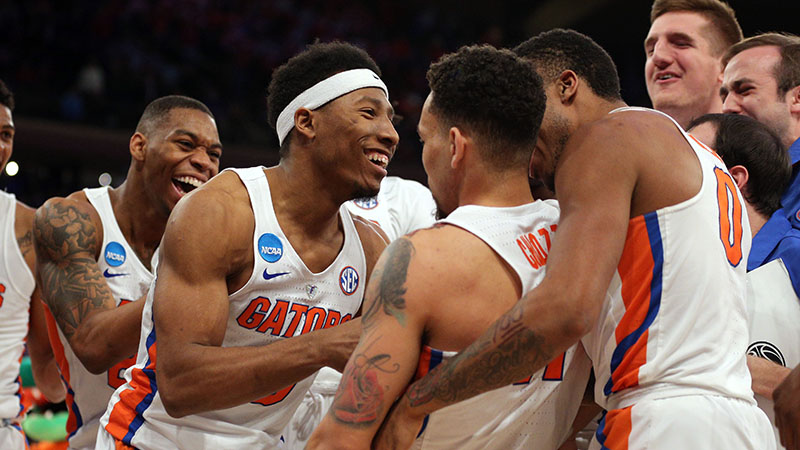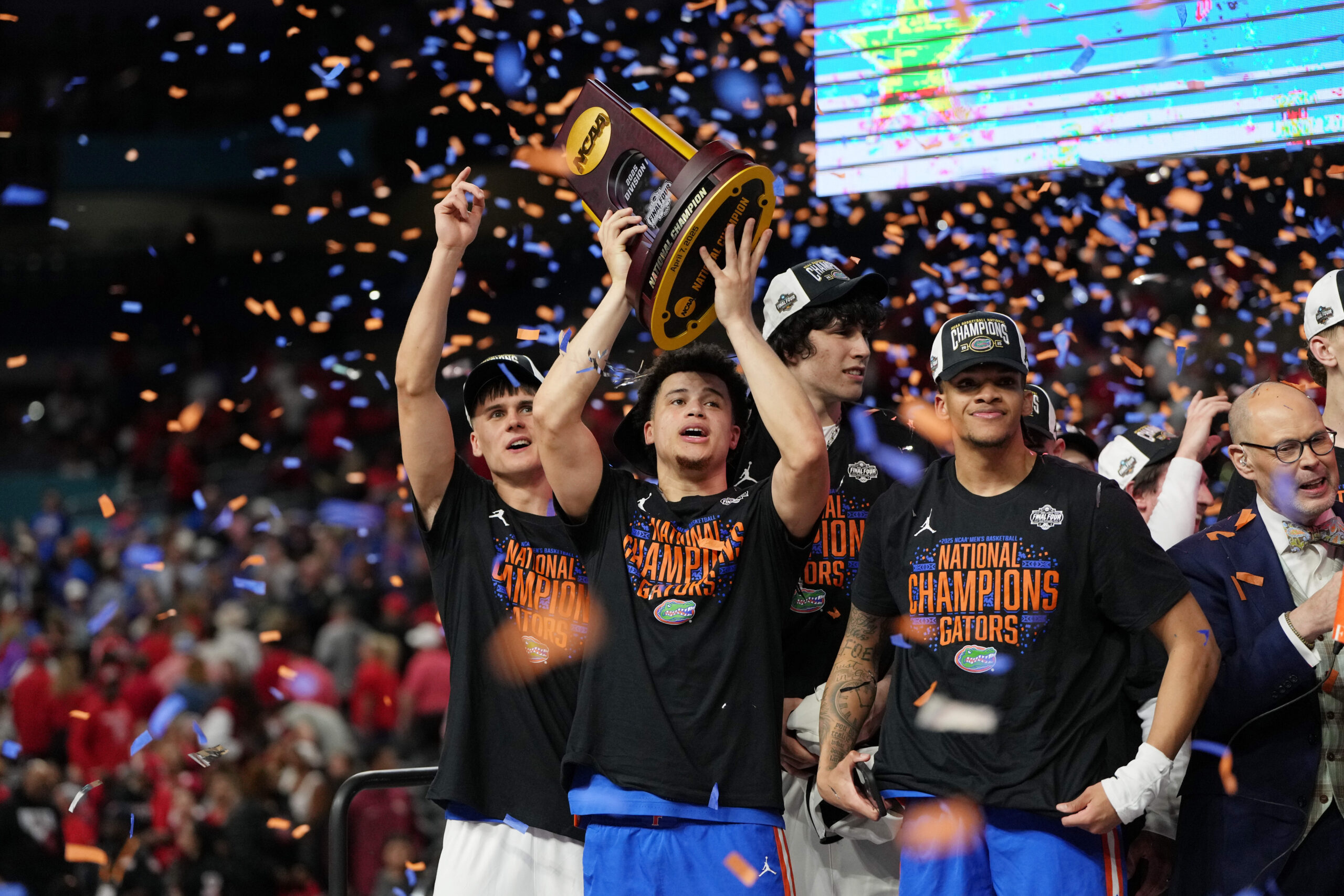As a rule, I try not to use too many things from the 18th century. Three-corner hats, for example. Or a frock. Or an oil lamp. I don’t ride horses either, but I imagine it’s pretty fun.
Sometimes, though, it’s important to use history as a means to tap in to my inner degenerate. And if we’re going to make money betting NCAA Tournament props, there’s a guy from way back when you just have to meet.
Simeon Denis Poisson was a French mathematician. He was actually much more than that, but this isn't supposed to be a biography so much as a synopsis. By all accounts, Poisson's knowledge and accomplishments in math and science put him at the summit of intellectual thought in his time, dwarfing many contemporaries. Despite his vast intellect, and his contributions to so many integral aspects of the human experience, there's no way he could know we'd be applying his work, hundreds of years later, to amateur basketball players.
You see, one thing Simeon — can I call him that? He's kind of a legend — is known for is the "Poisson distribution," which is essentially a means of calculating the probability of a certain type of event occurring. This type of math can't be used for everything, but it can be used for some things (this type of stupidly-simple sentence is known as a "Barkley distribution," and I'm sure it's what I will become known for eventually). The event needs to fit the following criteria for us to accurately use this form of math to predict the event’s probability: 1) it takes place in a fixed time or space, 2) it occurs rarely, 3) it occurs in increments of one, and 4) it is "memoryless," meaning that it occurring has no bearing on if/when it occurs again.
Got all that? Even if you didn’t, it’s cool. I got you. Or at least I'll fake it until I do. You'll find out quickly that I'm pretty good at that.
This form of calculation can be applied to the prop market in some cases with profitable results. The most timely example: Props centered around how many overtimes there will be in the NCAA Tournament.
A quick review of how this fits our old friend Simeon's criteria: The structure of the tournament has been in place in its current form for some time (these props apply only to field of 64 games, so the “First Four” invention is irrelevant). Overtime games are rare, they increase in increments of 1, and if Wichita State and Duke play overtime at noon, it has no bearing on whether Ohio State and St. Bonaventure go to overtime later in the day. Memoryless. Perfect.
Here are the latest prices as of 2 p.m. ET on Feb. 27:
Over/Under 0.5 overtime games: -2000/+1000
1.5 overtime games: -300/+220
2.5 overtime games: +105/-145
3.5 overtime games: +170/-230
First, we’re going to use some basic, good old-fashioned elementary math. None of the tough stuff. I've got calculators for the both for us, so don’t worry.
Since the year 2000, we've seen 59 NCAA Tournament games go to overtime. That’s 59 of a possible 1,134 games. I am only going back to 2000 because I think you could make a pretty strong case that basketball has changed a lot since, say, 1950. That's the year Irwin Dambrot of the CCNY Beavers won the Outstanding Player of the Tournament award. I rest my case. It’s possible going back further could yield more accurate results, and you are more than welcome to do so, but I'll stick with this millennium for the purposes of this analysis.
Using 59 games of a possible 1,134, we can say that 5.2 percent of NCAA Tournament games have gone to overtime (5.2028% really … told you I had a calculator!) and that about three games go to overtime each year on average (3.277764 really … OK, I'll stop).
Now that we know how many games usually go to overtime, let’s use a Poisson calculator (available on many websites near you), and see what we get for “correct” prices using this method. (The prices below are “juice-less,” which is why they will look different in some ways.)
Over/Under 0.5 overtime games: -2551/+2551
1.5 overtime games: -519/+519
2.5 overtime games: -174/+174
3.5 overtime games: +141/-141
See how you're getting better odds to bet the over than Simeon's math would suggest you should? Here, let me put it in a handy table for ya:
Betting props tends be a drag, because frequently there is value in the side of the prop that's the least appetizing. No overtime. Yawn. No safety. Boring. Under. Hard pass.
But here, you have mis-priced props, and the value is on the side of something really exciting: MORE BASKETBALL! You get to cheer for literally every game to be as exciting as possible, and not to end in the scheduled 40 minutes. This is like trying to hit the Buffalo Wild Wings craziness button over and over again. It doesn’t get much better than that.
Thank you, Simeon, for helping us all achieve true degenerate status. And next week, who knows, maybe we’ll try to see if your wave theory of light can somehow figure out corner kicks in a soccer match. The possibilities are endless.
Top photo: 2017 Florida Gators team celebrating after OT win; credit: Brad Penner-USA TODAY Sports.
















































